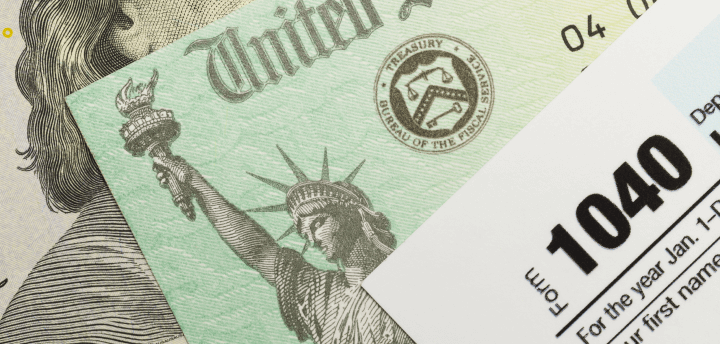Tax-exempt municipal bonds are generating tremendous interest from investors. On the positive side, yields in municipal bonds are attractive, with higher yields than Treasuries. However, we have also seen negative headlines, with talk that U.S. states be allowed to go bankrupt. We believe the weight of the evidence supports our attractive outlook for the municipal bond markets.
Why State Bankruptcies are Unlikely
Senate Majority Leader Mitch McConnell recently said he would be in favor of states being allowed to declare bankruptcy as opposed to the federal government providing additional assistance. There are several reasons why we believe this is highly improbable:
- No legal authority – Congress would have to amend federal bankruptcy laws. We don’t see the political will to pass. It would be very hard for congress to -explain to their constituents why they don’t want to help their states during a health crisis.
- States constitutions don’t allow it – States would need to pass new legislation. States are unlikely to welcome this proposal and instead could find other means of addressing their budget gaps.
- Supreme Court would also likely need to approve – Such a new law would face legal challenges. It could muddy state vs. federal powers as laid out in the Constitution.
- States have protested against previous suggestions for a bankruptcy option – It could lead to additional borrowing costs for municipalities and curb critical infrastructure financing.
Evaluating Risks
We are closely monitoring risks to a recovery in municipal bonds, many of which are common to other asset classes in this unprecedented environment.
- Municipal bond prices have generally declined and credit spreads have widened year-to-date because of headlines about state and local finances in the economic fallout from the COVID-19 pandemic.
- Outflows from municipal funds could continue as investors move to cash or reallocate to equities to try to take advantage of more attractive valuations following the stock sell‑off.
- Perhaps the most meaningful risk facing municipal debt is the deterioration in the fundamentals of most issuers as the costs of the pandemic strain the finances of most municipalities.
Yet nothing has shaken our belief that the municipal fixed income sector remains sound, despite legitimate revenue shortfalls. Moreover, we continue to assert that the municipal market now represents an opportunity for many taxable investors.
Some reasons for our optimism:
- Default rates on investment-grade municipal bonds are historically very low. Default levels in municipal bonds have been low. We don’t believe this should rise substantially, because a large part of the municipal market is essential services such as state governments, mass transit, and hospitals. Our concerns are more focused on the potential for ratings downgrades rather than solvency.
- The laws for municipal bonds are unlikely to change. We think the political debate is really around what limits will be placed on any federal aid that may ultimately be sent to the states.
- Federal Reserve actions will help. The Fed’s announcement earlier this month of a Municipal Lending Facility, which would offer up to $500 billion in two-year loans to states and certain counties and cities, supports our view that the risk of default among investment-grade municipal bonds remains low. Additionally, the Fed authorized purchases of certain municipal bonds in the secondary market through its quantitative easing program.
- Technical reasons for selling. We believe much of the negative price moves in municipals in March was related to liquidity pressures, not material weakening of municipal credit fundamentals.
- Strong performance historically follows downturns. The table below from T Rowe Price shows historical returns following periods of losses in the municipal bond markets. It indicates that solid performance for the broad municipal bond market typically follows a period of negative returns for the asset class.
In summary, municipal bonds have come under selling pressure as governments deal with the coronavirus. However, this creates opportunity for investors to generate attractive tax-free income. We think there is value in many parts of the municipal market.



































































